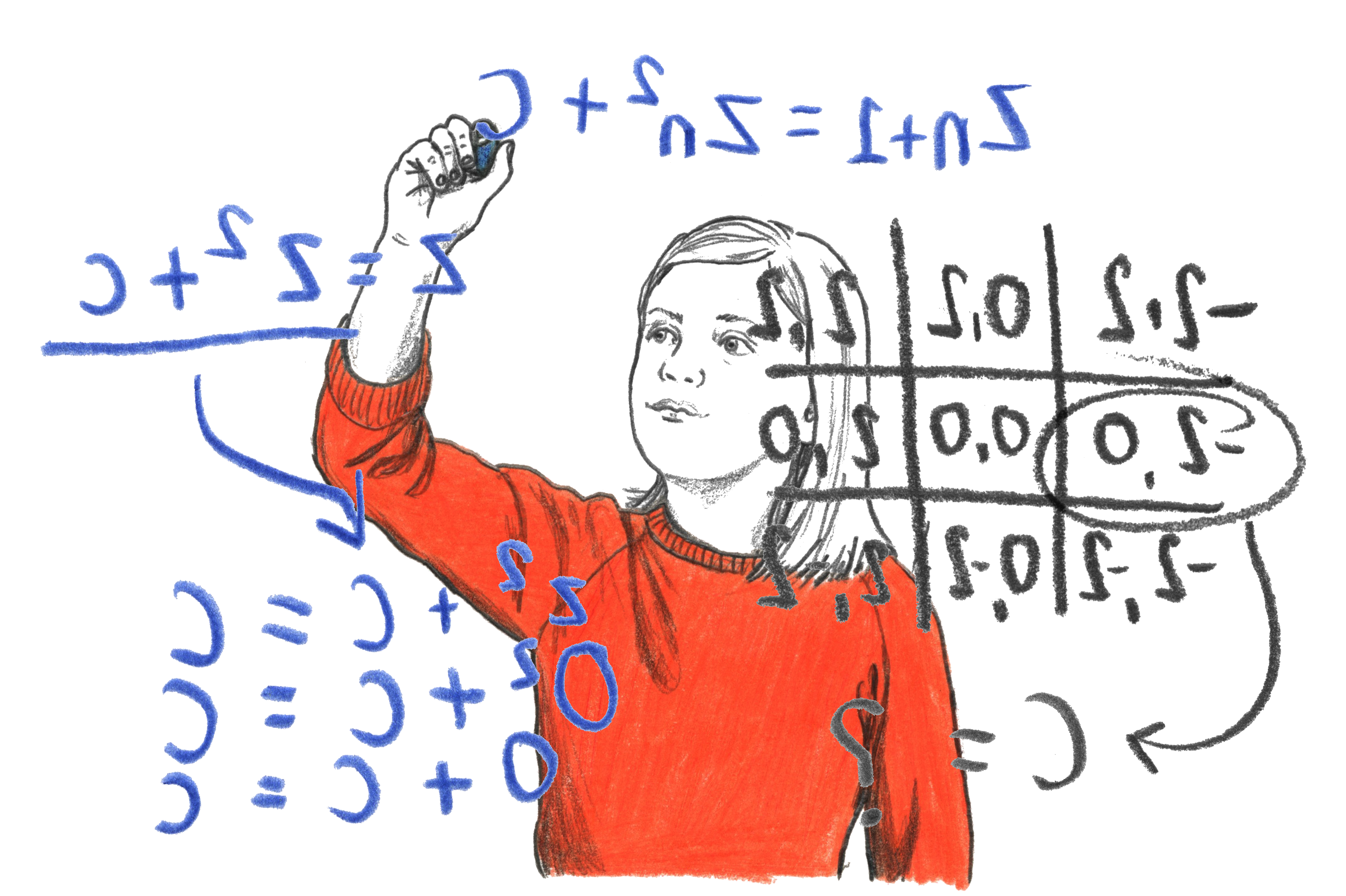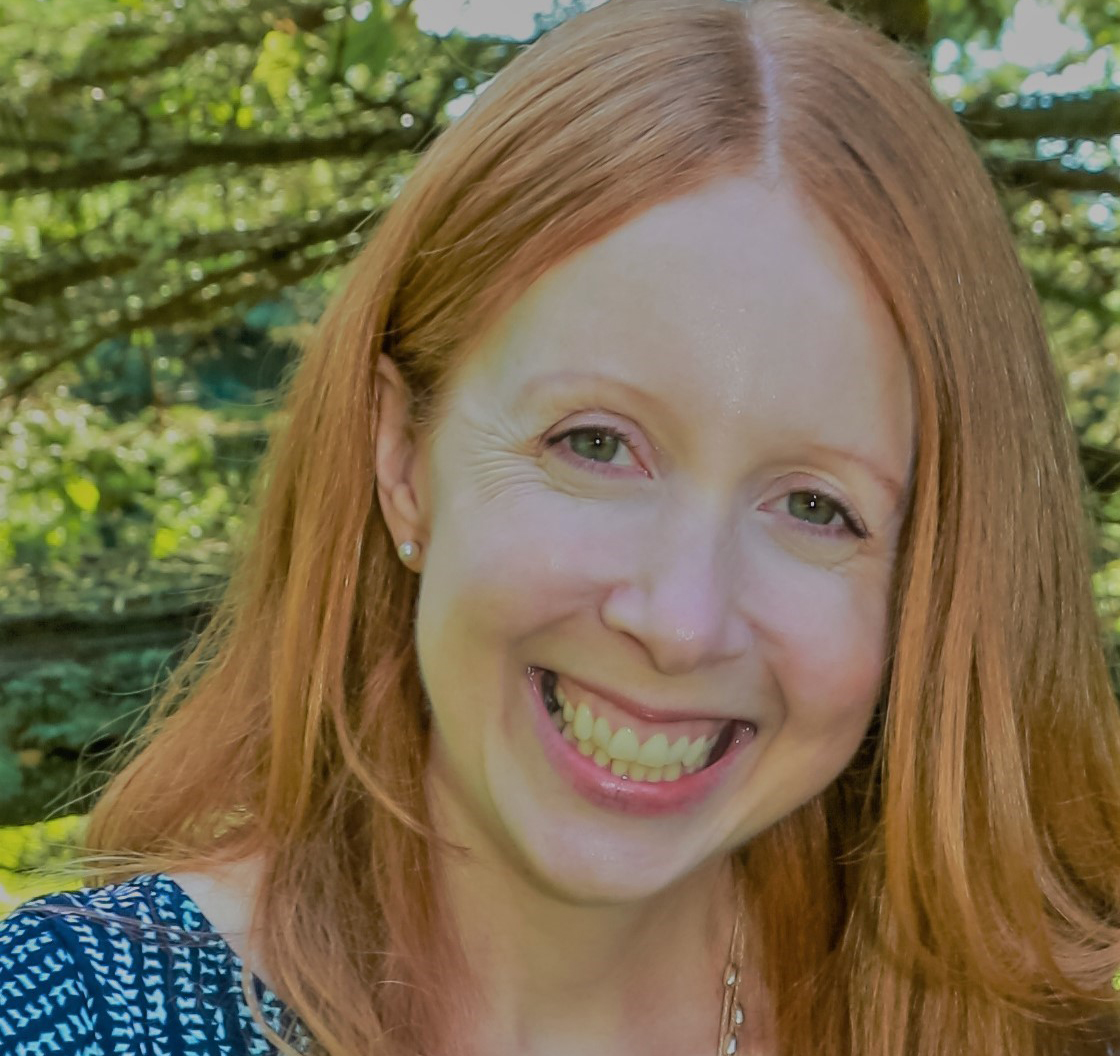In his new book, All Things Being Equal: Why Math is the Key to a Better World, John Mighton argues that if the general public had a better grasp of math, we’d have a more equitable society. Mighton (BA Victoria 1978, MSc 1994, PhD 2000) is the founder of JUMP Math, a non-profit that helps children fulfil their potential in math. He says the math learning gap is a root cause of many social problems, but there’s hope if we re-examine our beliefs about math competence.
Forget the idea that only some people are good at math
The notion of inborn math talent creates a vicious cycle where children struggle, decide they don’t have it and stop trying. This “myth of ability,” as Mighton calls it, creates damaging intellectual hierarchies that people internalize, often for life. He believes almost everyone can learn math – with the right instruction.
Use evidence-based teaching methods
Mighton cites research in cognitive science on accessible ways to learn math and offers proven step-by-step teaching methods. Educational systems should incorporate these approaches not only because they work, but because they instil confidence – a vital prerequisite to success in math and life, he says.
Recognize math as a tool for a just society
Ideally, all children would master essential math skills in school, but Mighton believes any adult can gain this foundational knowledge in a few weeks. Armed with this powerful mental tool, he says, we could all think more logically, make more rational decisions, and be better equipped to recognize fake news and demagoguery. While the book doesn’t claim numeracy is a panacea, it does insist that we can no longer afford to accept intellectual inequality as the norm.






